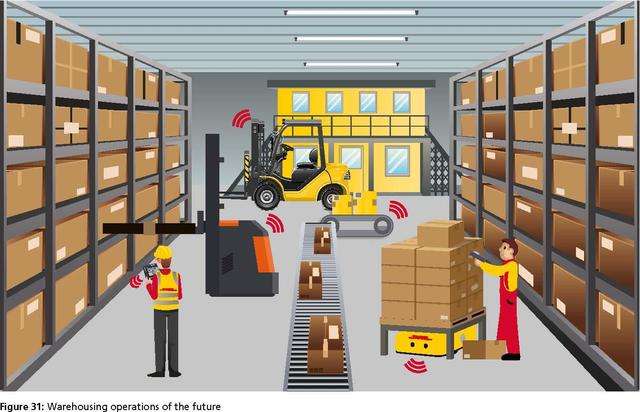Who is the owner of the logistics warehouse?
Given the shared nature of these city distribution centers, one of the key questions to answer is who will own and operate these distribution centers. The basic feature is that these centers will integrate the flow of goods from many different sellers and may integrate transportation in many different ways through many different suppliers.
A combination of the three methods is possible, and two of them can be found today.
1) Large e-commerce companies can build their own community warehouses. Large e-tailers have already served as a platform for other sellers to sell their merchandise, so it's not hard to imagine that all the processes generated can be routed through the community warehouse as long as the goods are ordered through the e-retailer's platform. The question is, will they open the warehouse for sellers who don't use the platform?
2) Logistics service providers or parcel companies (such as DHL, FedEx or UPS) can establish and operate these new city distribution centers. Providing warehousing and distribution to many sellers is already one of their core competencies. The disadvantage of this approach is that the package company's services are usually limited to those who sign up with the package company, and they compete with each other, which makes it difficult to reach a merger process.

3) Local governments or cities can decide which logistics are allowed to enter their city. They will implement a merger to reduce traffic and pollution. In doing so, they also need solutions and do not have the ability to own and operate a DC; they may regularly bid on the market to choose. They don't want to bid, but if they don't, by default their solution will have to be open to any seller/transport in the city.
Reprinted from the network


